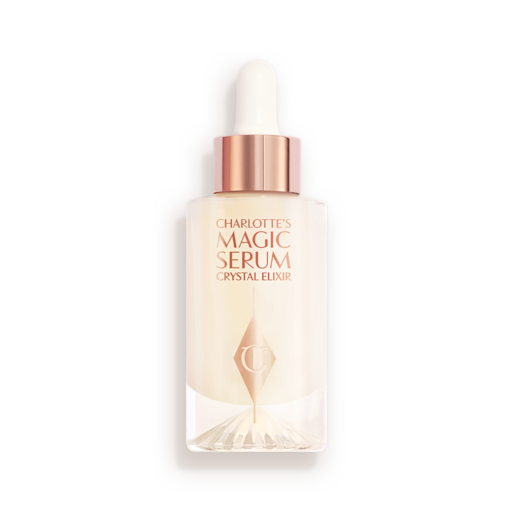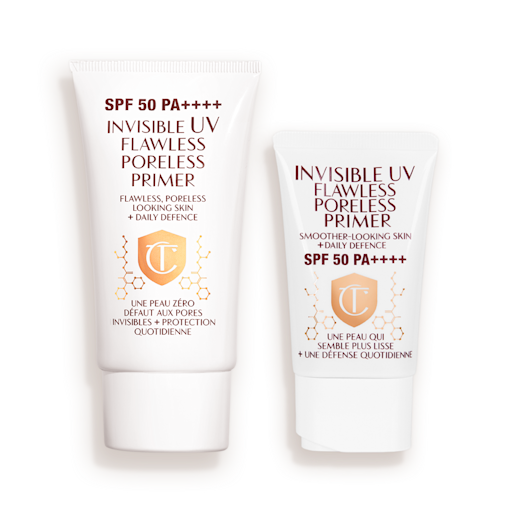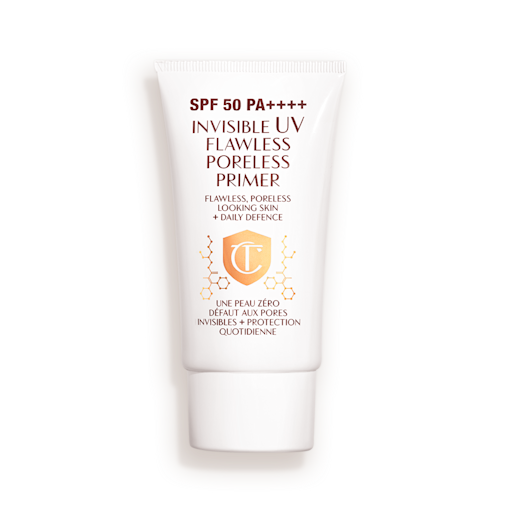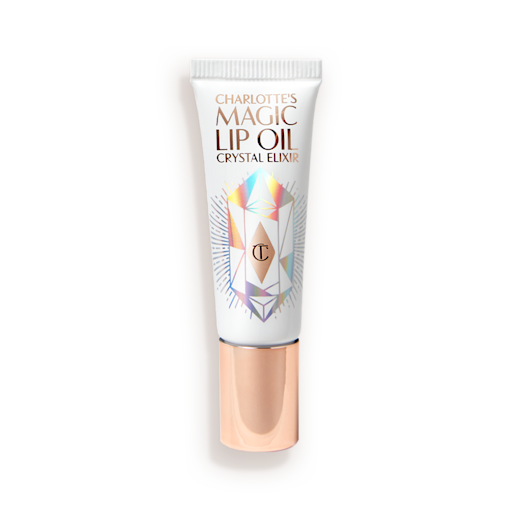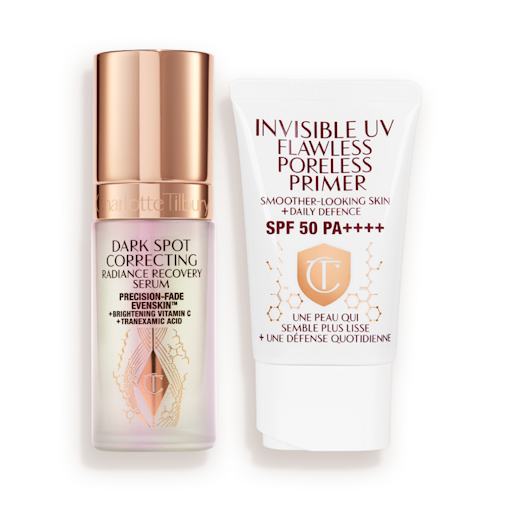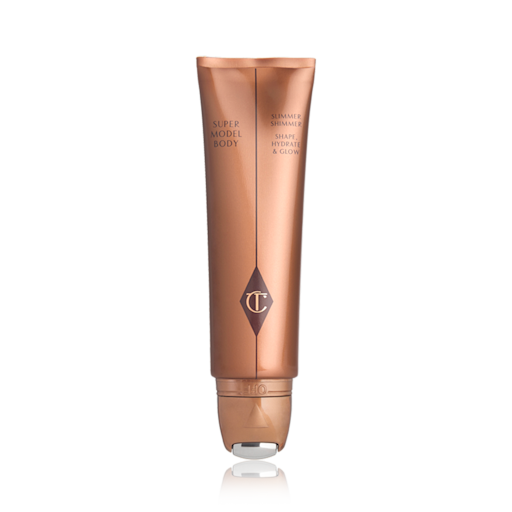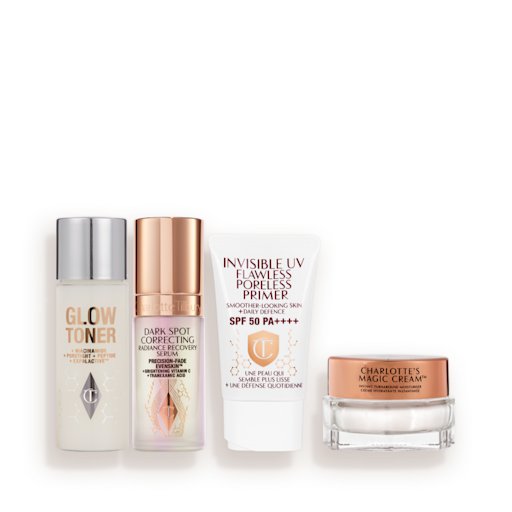Optimise your protein intake
Changes in body composition and cardiometabolic risks have been noted for women in perimenopause, linked to a decrease in lean muscle mass and an increase in visceral fat. Increasing your daily protein intake can help manage your appetite, reduce body fat, improve cholesterol levels, maintain lean muscle mass and lower heart disease risk factors.
Research shows that consuming around 1g of protein per kg of body weight is beneficial for muscle preservation, regardless of exercise levels. Additionally, a protein intake of 1.6 g per kg of body weight is associated with a higher skeletal muscle mass index in postmenopausal women.
Excellent protein sources include tofu, beans, eggs, nuts and seeds, fish and legumes like chickpeas, soybeans and lentils. Research suggests aiming for 0.4 g/kg of protein per meal, spread across meals would help building muscles. This translates to about 25-40g of protein per meal, depending on your body weight.



